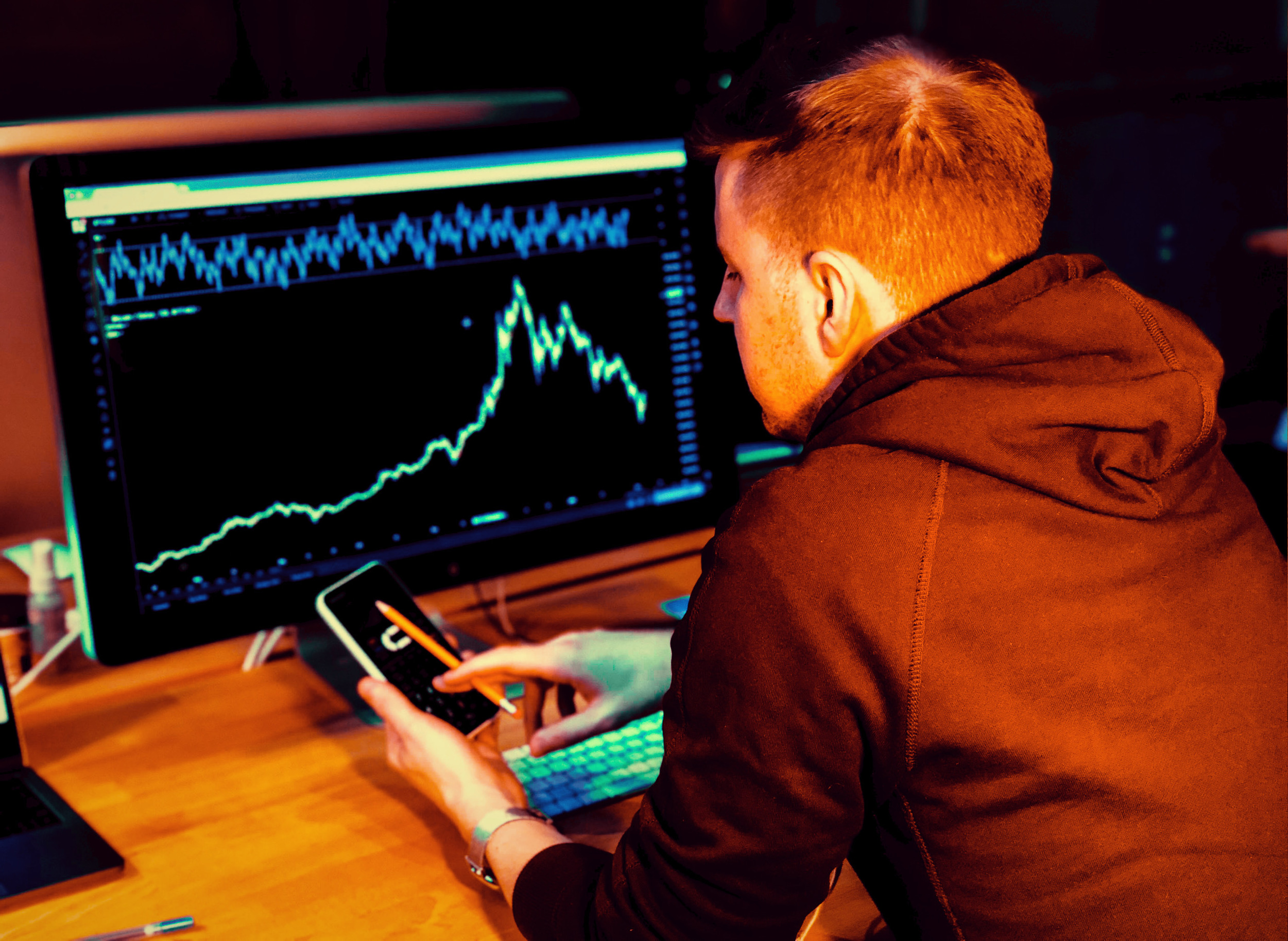Whatever happened to budgeting? Getting a spreadsheet, a calculator, and planning your life. My grandpa showed me once, I did it until I was 18, and then it all went out the window.
The simple fact is that spending has gotten messier. It’s more sporadic because we’re always an advertisement and a one-click buy away from breaking our budget. Practically the only extraneous spending we can account for is the Netflix and AmazonPrime subscriptions. And let’s be real, we all buy them and forget we even have.
The confusion that’s come out of financial planning today makes people want something easy. Something they can set, forget, and hit every financial goal. They want autonomous finance.
Autonomous Finance Apps
For a while, I’ve had this idea of an insanely simple, digital tool that would manage all things money-related for a person. Paying bills, saving for retirement, building credit, investing, even finding part-time work. Anything you can imagine, this app has it. I’ve always had trouble communicating how it would work, though.
Until I read Andreessen Horowitz’s piece called Google Maps for Money:
When you enter your desired destination into Google Maps, the app plots out the fastest, most efficient route, even adjusting for traffic and coffee stops along the way. You don’t even need to enter your current location – Google Maps already knows where you are.
Angela Strange, a16z
What if that same predictive software existed for our finances? Imagine a future where you could outline your goals as a student – say, graduate, move to your dream city, save for a house, plan for kids – and an app would execute your optimal financial plan, rerouting and adjusting for “traffic” along the way.
It’s so vividly helpful. Who wouldn’t want to use the Google Maps for Money?
There are countless ways companies are applying software personal finance.
Digital platforms like Esusu help you save and build credit with groups of friends. Wallit acts as a family banking and wealth building tool. Credit cards, like Petal, actually tell you when you’re out of your spending league.
I’m particularly drawn to Hello Digit. Mostly because it is the rudimentary version of autonomous finance. You set financial goals, input your monthly costs and revenues, and it analyzes the rest of your spending to predict what amount of money you can afford to save every day. This makes it more advanced, analytically than an app like Acorns.
These early iterations of autonomous finance apps are intriguing, but still missing some features.
Necessary Features
In order to become Google Maps for Money, we’ll need to include far more financial inputs.
Auto-finance could sign you up for insurance or transfer you to the most advantageous policy. If you’re an independent contractor, it could regulate your finances, including tax withholding, benefits, and savings. It could assist small businesses in optimizing cash flow.
Angela Strange, a16z
It’s not all about spending and savings, either. What about earnings?
Outside of getting an entirely new job, Gig work is perfect for supplementing one’s income. Why not create a function that pings users when a certain Gig is available to help them reach their goals:
Personally, I think that within the next 3-5 years, we will really benefit from having a Gig Economy Aggregator to help people manage all of their gigs.
Is This the Gig Economy We Wanted?
Basically, the interface would connect all of the gig platforms and act as a scheduler for users. The user sets their own hours of operation, skills and capabilities, and ideal earnings. The Gig Aggregator then creates a schedule that gets the user as close to their specs as possible.
This would alleviate the stress that full-time gig workers have with handling multiple gig accounts at once.
The Steady App gives a minor glimpse into how this might work out – that is, an app that helps you find work and save money. But it’s nowhere near the expansiveness of the part-time job/gig market out there.
We’re many years away from seeing an autonomous finance app that combines everything money-related into one interface. In the meantime, explore all the nifty apps for investing, saving, building credit, etc. that are out there. Because there are some very interesting approaches.
